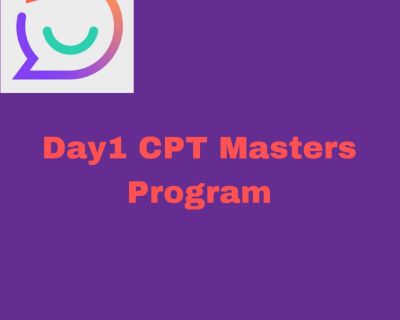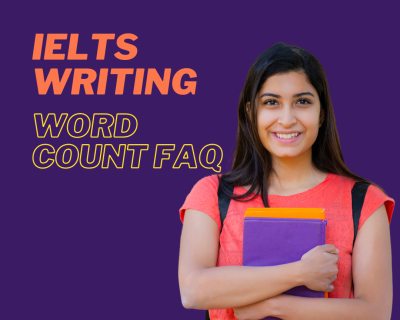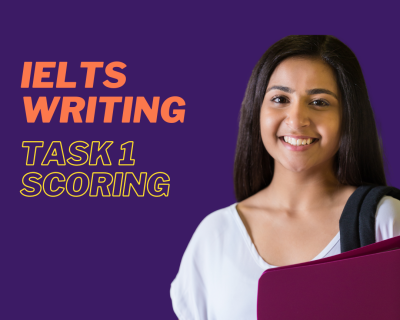For those preparing to take the IELTS Listening test, understanding its structure is a pivotal starting point. But, diving deeper into the elements that can substantially boost your performance in the test, we find a significant influencer – Vocabulary.
The development of a robust vocabulary is not just essential, but transformative for your IELTS Listening Test performance. In this article, we’ll delve into the why and how of vocabulary development for the IELTS Listening Test.
Understanding the Importance
IELTS Listening Test is not merely a test of comprehension, but also of your ability to decode and contextualize language in real-time. This is where vocabulary development becomes paramount.
- Accuracy of Comprehension: When your vocabulary is well-rounded, your ability to understand, process, and respond to spoken information improves. It enables you to quickly grasp the essence of the conversations or monologues in the test. This is particularly important when answering questions that require you to identify main points or differentiate between fact and opinion.
- Contextual Understanding: A rich vocabulary aids in understanding the contextual meaning of sentences or phrases, which is crucial for making inferences. It’s not just about understanding each word but also the implied meaning within a given context.
- Test Efficiency: Proficiency in vocabulary can save valuable time during the test. If you spend less time deciphering words and phrases, you have more time to concentrate on the question types and strategies, improving overall test efficiency.
For example, consider a situation where the speaker uses the term “amplify.” If you’re unfamiliar with this word, you might miss the context of the sentence or the point the speaker is trying to make. But, if you know “amplify” means to increase or intensify something, you can understand and answer related questions accurately.
Building Your Vocabulary: A Practical Approach
Developing a solid vocabulary may sound like a daunting task, but with a strategic and consistent approach, it becomes more achievable than you might think. Here are some effective techniques:
- Consistent Reading and Listening: Regular exposure to varied English language sources like books, news articles, podcasts, and videos is crucial. Different genres and formats introduce you to diverse vocabulary and contexts.
- Use a Vocabulary Journal: This isn’t just a place to jot down new words, but a tool to understand their usage, synonyms, antonyms, and examples. Over time, reviewing this journal will reinforce your vocabulary retention.
- Learn in Context: Don’t just memorize a list of words; understand their application in context. When you learn a new word, read or listen to sentences using that word. This will help you remember the word and its correct usage.
- Word Families and Collocations: Understanding word families (different forms of a word) and collocations (words that often go together) can be particularly useful for the IELTS Listening Test. This can also aid in understanding synonyms and paraphrasing, a common occurrence in the test.
- Practice Tests: Regular practice with IELTS Listening tests or exercises can help consolidate your vocabulary learning. Not only will you come across new words, but you’ll also understand their application in the IELTS context.
For instance, imagine you come across the word “meticulous” during your reading practice. In your vocabulary journal, jot down its meaning (“showing great attention to detail; very careful and precise”), its forms (meticulously, meticulousness), and some examples of its usage. This would look something like:
- Meticulous (adjective): showing great attention to detail; very careful and precise.
- Forms: meticulously (adverb), meticulousness (noun).
- Examples: “He had always been meticulous about his appearance.” “She meticulously planned her schedule for the day.”
Revisiting and reinforcing these entries over time will ensure the word becomes part of your active vocabulary.
Vocabulary In The IELTS Listening Context
While general English vocabulary is certainly important for the IELTS Listening test, there are a few specific areas that require particular attention:
- Signpost Words: These are words or phrases that guide you through the conversation or discourse, providing clues about what the speaker is about to say. Examples include “firstly,” “on the other hand,” “for instance,” etc. Recognizing these words can help you follow the conversation more effectively and prepare for what’s coming next.
- Paraphrasing: The IELTS Listening test often uses paraphrasing, where the words in the question are not exactly the same as those in the audio but convey the same meaning. Understanding this can significantly help in improving listening skills.
- Functional Language: This refers to language used for specific functions, such as agreeing, disagreeing, suggesting, etc. Identifying such language can often be the key to understanding the speaker’s point of view or intention.
- Colloquial Language and Idioms: The test may contain some colloquial language and idioms, which might be challenging if you’re not familiar with them. Recognizing and understanding these can often lead to better overall comprehension.
For instance, consider the idiom “get cold feet.” If you’re unfamiliar with this idiom, you might interpret it literally, leading to confusion. But if you know “get cold feet” means to suddenly become too frightened to do something you had planned to do, you can accurately understand the context.
Conclusion
Vocabulary development plays a significant role in your IELTS Listening test performance. It’s a continuous process that requires consistent practice and strategic learning. Alongside understanding the overview, format, and scoring of the test, strengthening your vocabulary can help you navigate through the test more efficiently. And, not to forget, the benefits of a strong vocabulary extend beyond the test, aiding you in your academic, professional, and daily life.
Remember, “Words are, in my not-so-humble opinion, our most inexhaustible source of magic,” as quoted by J.K. Rowling. So, continue to explore, learn, and conquer the world with your words!
What’s your strategy for vocabulary development? Do you have any tips or techniques to share? Let us know in the comments section below. Also, if you found this blog useful, don’t forget to check out our other blogs on IELTS Listening. Happy learning!

















